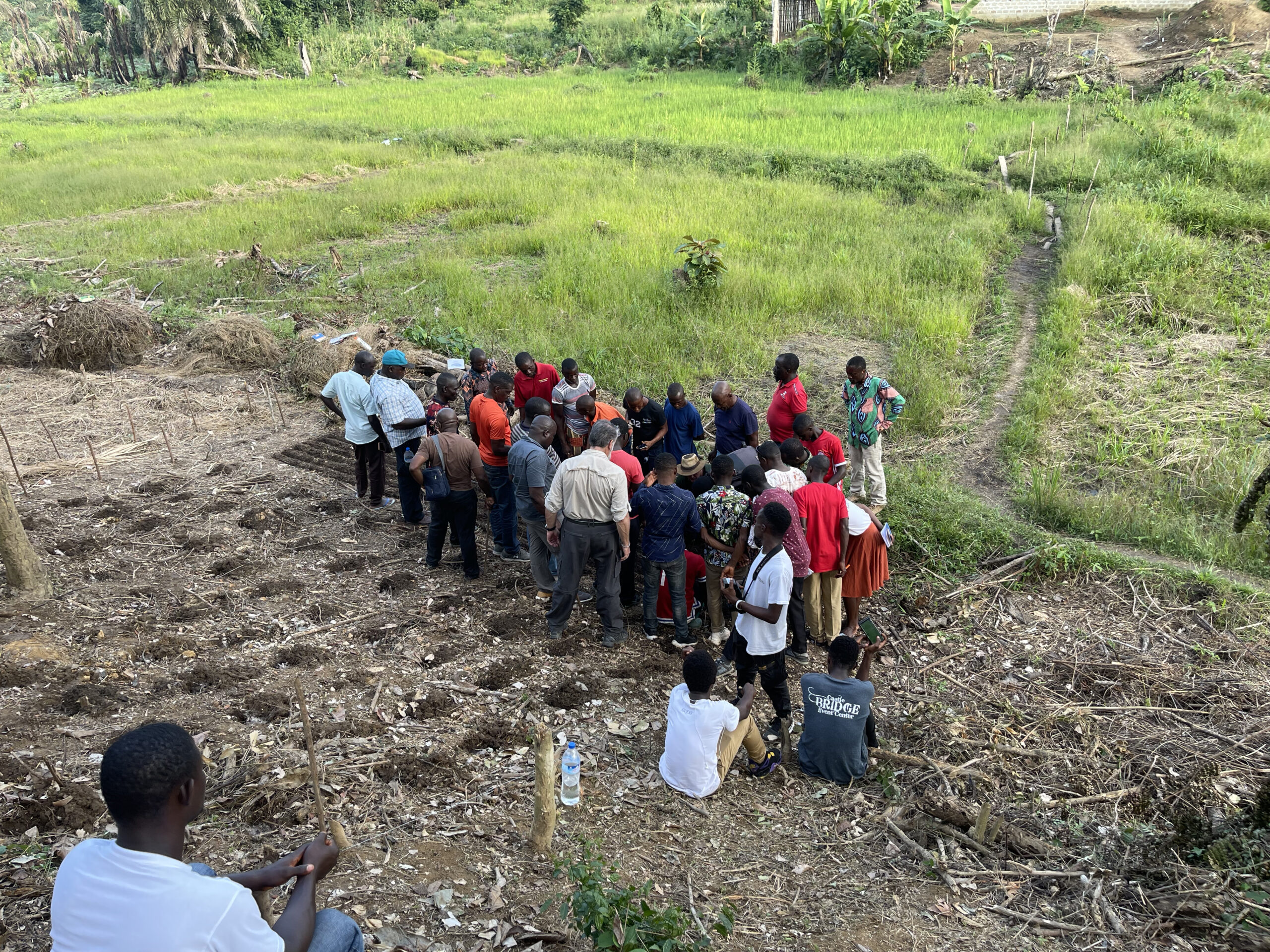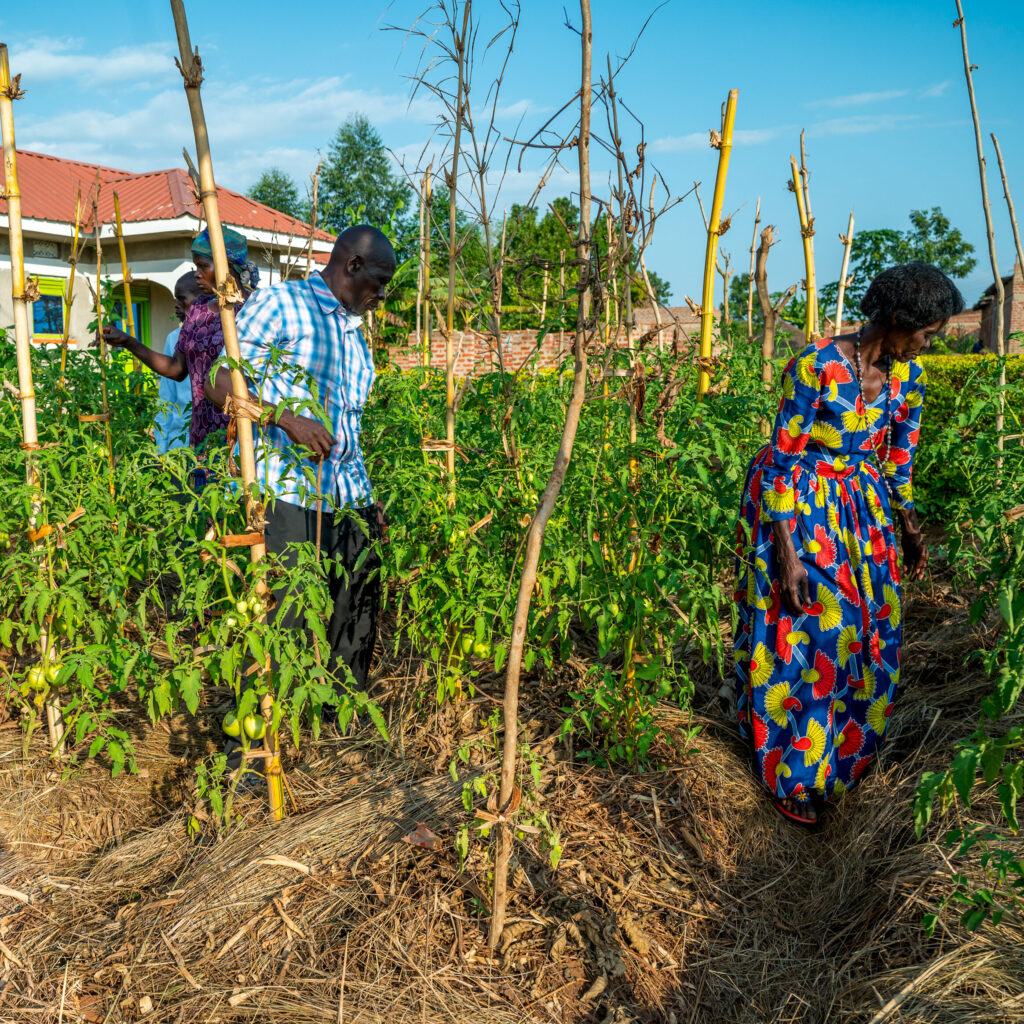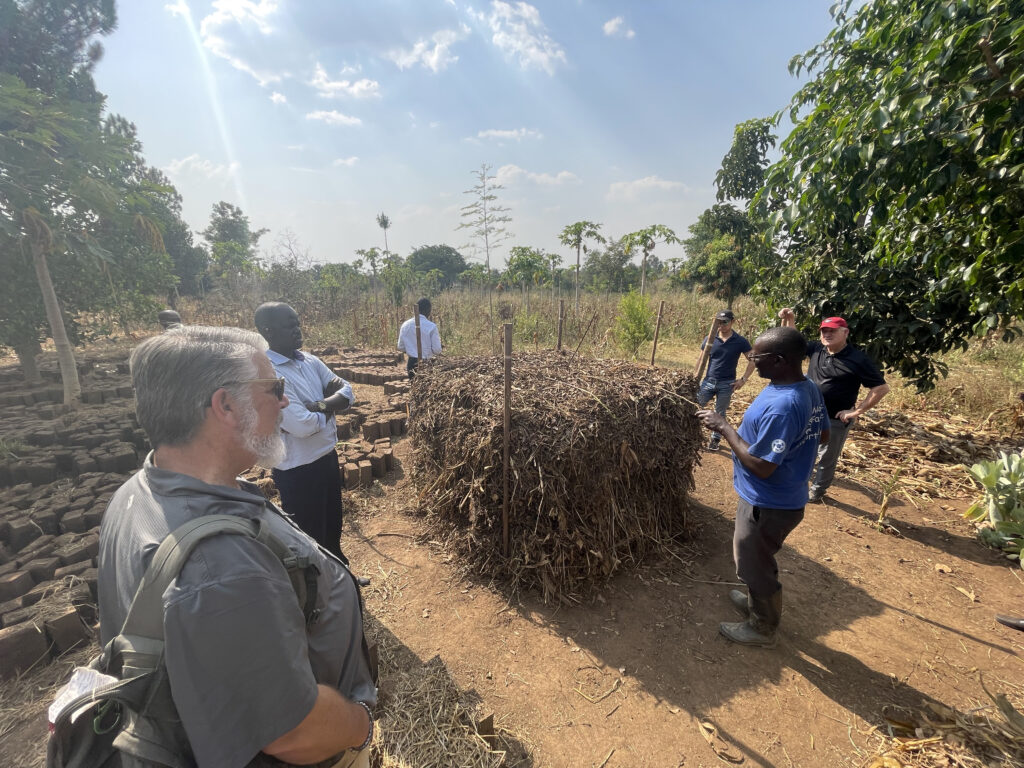Feeding the Kingdom, physically and spiritually.
About
Our Context
In regions across the Majority World, which encompasses areas with ideal agricultural climates, vast expanses of arable land, and predominantly young, able-bodied populations, there lies incredible potential to address global food security challenges as the world’s population continues to grow.
These regions have the potential not only to feed their own populations, but also to serve as significant contributors to the global food supply. This potential makes them integral to addressing the food needs of an increasingly populous planet.
Furthermore, it is anticipated that the Church in the Majority World will witness substantial growth in years to come. This growth could position these regions as centers of Christianity, fostering spiritual nourishment and development on a global scale.


Considering these circumstances, the Church in the Majority World can play an invaluable dual role in addressing both physical and spiritual needs. EFI recognizes the interconnectedness of agricultural development and church growth in these regions. We work diligently in collaboration with local churches and other ministry partners to provide comprehensive training in conservation agriculture methods, empowering farming families not only to sustainably provide for their households, but also to steward their lands effectively.
This holistic approach, which provides both physical sustenance and spiritual well-being, has the potential to kickstart transformative change across the Majority World, where agricultural abundance and burgeoning spiritual growth intersect to create a brighter future for communities and the world at large.
Many rural churches in the Global South remain dependent on Western financial aid, and EFI’s training approach offers these churches the possibility of financial independence. The training equips church leaders to disciple their members to practice fruitful stewardship of their land and resources.
As we expect the church’s exponential growth in the Majority World in the next few decades, and possibly the decline of the Western church in that time, it is imperative that we help our brothers and sisters use their land well to become financially stable, and even prosperous.
Considering the heavy reliance on Western funding that has historically been a part of the ministry landscape in these regions, it becomes clear that sustainable ministry in the Majority World necessitates a shift. This shift involves helping church members rise above subsistence living and transforming them into dynamic, Kingdom-focused financial engines, capable of not only supporting their own church but also contributing to the strengthening and expansion of the global church.

